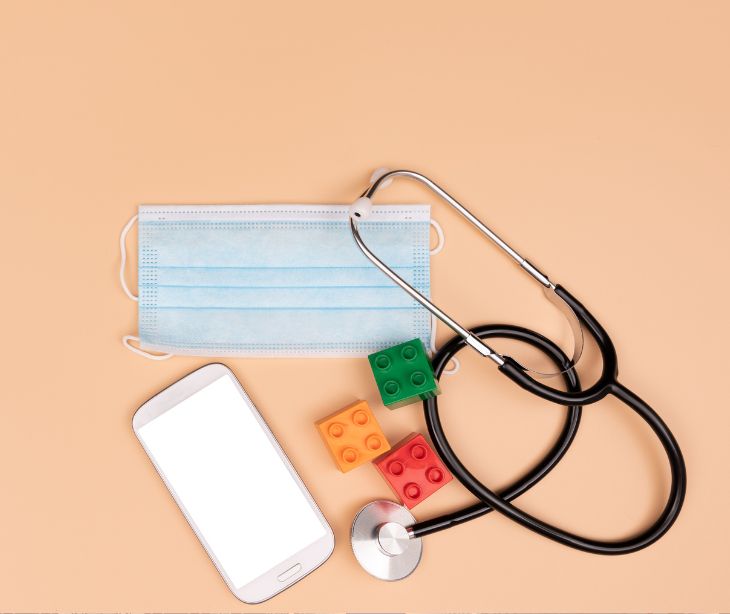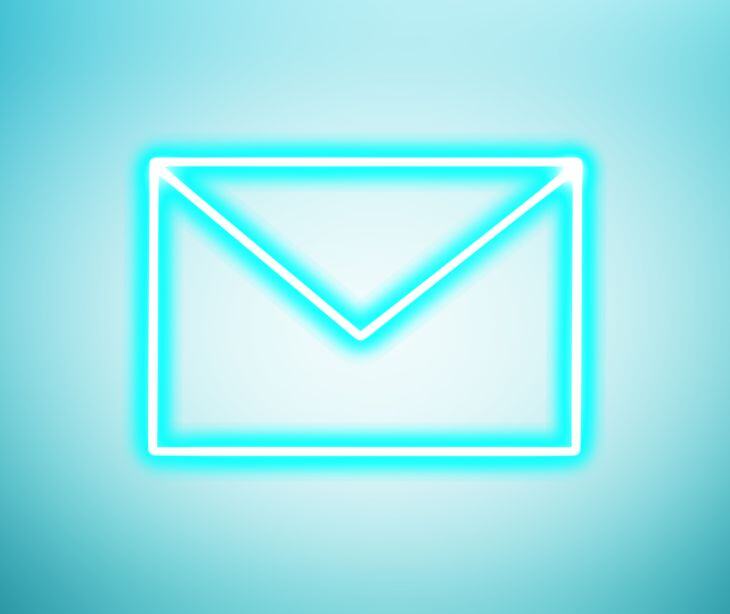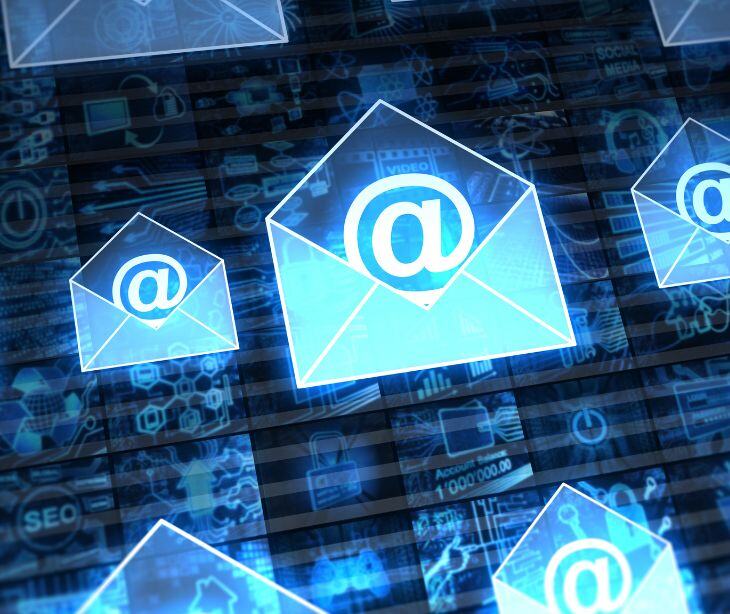
Among caregivers coming to the pediatric ED, about 30% have unmet emotional needs, more than 15% have communication gaps, and 15% feel insufficiently involved in their child's care. By using HIPAA compliant email, healthcare providers can navigate these gaps and provide improved patient care.
Pediatric patient empowerment through effective communication
“In the context of pediatric health care, parents and caregivers are often the target of efforts to promote empowerment, given their integral role in the care of children. Building on the WHO definition for patient empowerment, parent empowerment can be defined as the process through which parents can increase the control they have over decisions and actions affecting their child’s health. Notably, parent empowerment relates to several other topics receiving growing attention in recent years, such as family centered care , shared decision making , and family engagement.”
Parent empowerment, as defined in the extract above from a 2020 study, is a considerable factor in pediatric care. Through clear, empathetic communication, healthcare professionals can make sure that parents and caregivers are well informed, supported, and involved in the decision making process. This reduces confusion and anxiety by providing clear explanations and addressing concerns directly.
When parents and caregivers feel heard and understood, parents and caregivers are equipped with the knowledge and confidence needed to provide appropriate care at home.
Why HIPAA compliant email improves pediatric support
Based on a Journal of Pediatric Child Health study, “Communication challenges may also be related to low health literacy levels in the population and providers’ limited abilities to estimate the health literacy of their patients. Studies have shown that more than one quarter of Americans have low health literacy and physicians overestimate the health literacy of 34% of adult patients.”
The benefits of using HIPAA compliant email include:
- HIPAA compliant email protects children's health data during transmission, preventing data breaches and ensuring confidentiality.
- It allows for immediate sharing of lab results and specialist reports among pediatricians, specialists, and surgeons, enabling quicker diagnosis and tailored treatment plans.
- Parents can communicate with healthcare providers from home, reducing the need for in person visits and allowing for more convenient care management.
- Secure email communication allows for compliance with legal requirements.
- It allows for the distribution of personalized health education materials directly to parents, supporting informed healthcare decisions and promoting preventive care practices.
See also: Top 12 HIPAA compliant email services
Best practices
- Parental access levels: Implement a system to manage different access levels for parents or guardians, allowing them to view their child's health information according to their custodial rights and the child's privacy preferences, especially as they age.
- Customized email templates: Develop HIPAA compliant email templates for common pediatric communications. These templates can standardize the way information is presented to parents, reducing the risk of accidentally including unnecessary PHI.
- Dedicated email channels: Establish dedicated email channels for different types of communications (e.g., appointment reminders, treatment updates, billing information) to streamline processes and minimize errors.
- Feedback loop with families: Create a mechanism for parents to provide feedback on the clarity and effectiveness of email communications, allowing for continuous improvement in how information is shared.
- Email encryption notification: Include a simple explanation or notification within the email that it is encrypted and HIPAA compliant, reassuring parents about the security of the communication.
- Education on email phishing scams: Educate both staff and families on the dangers of phishing scams and how to recognize suspicious emails, as these are common tactics used to breach secure systems.
See also: Improving employee well-being with HIPAA compliant emails
FAQs
How do healthcare providers manage siblings' information in HIPAA compliant emails?
When managing health information for siblings, providers should send separate emails for each child to ensure privacy and avoid confusion. Each email should only contain information relevant to the individual child’s care, even if the recipients (parents or guardians) are the same.
What happens if a parent forwards a HIPAA compliant email?
Once a HIPAA compliant email is forwarded by a recipient (e.g., a parent), the original sender (typically the healthcare provider) is no longer in control of the protected health information (PHI). Providers should educate parents on the importance of maintaining the privacy of these communications and the potential risks of forwarding emails containing PHI.
How are language barriers addressed in HIPAA compliant email communications?
To address language barriers, healthcare providers might offer translation services for their HIPAA compliant email communications. This ensures that all parents and guardians, regardless of their primary language, can understand and engage with the health information being shared.
Subscribe to Paubox Weekly
Every Friday we bring you the most important news from Paubox. Our aim is to make you smarter, faster.




